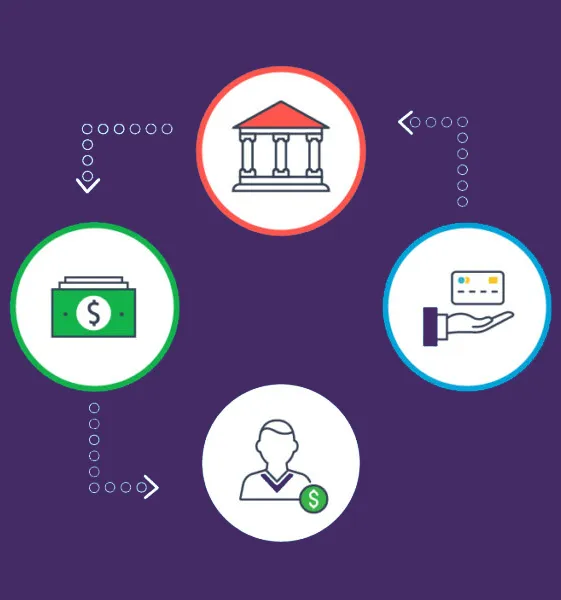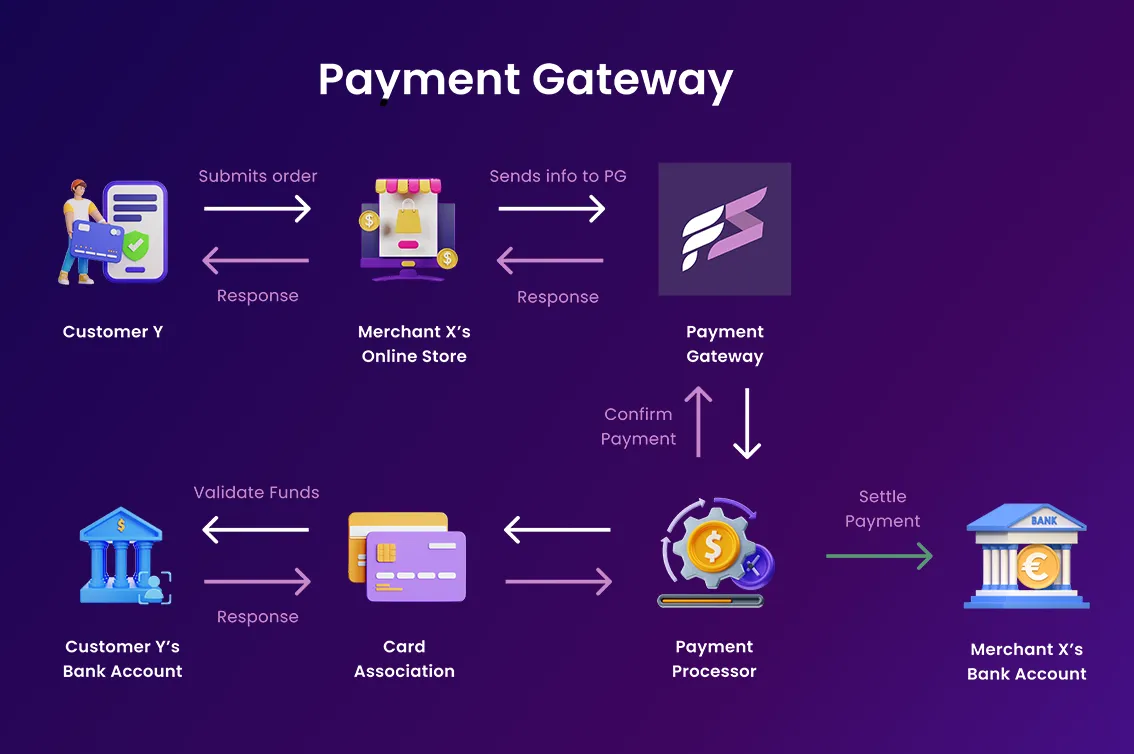Payment Gateway
Unlocking Seamless Transactions: The Role of Payment Gateways in Today's Digital Economy


In an era defined by rapid technological advancement and evolving consumer preferences, businesses face the ongoing challenge of providing convenient and secure payment solutions for their customers. Enter payment gateways – the silent facilitators behind every successful online transaction. In this blog, we'll explore the pivotal role that payment gateways play in shaping the modern landscape of e-commerce.
What is a Payment Gateway?
At its core, a payment gateway is a technology that enables online merchants to accept electronic payments from customers via various channels, such as websites, mobile apps, or in-store terminals. Acting as a virtual bridge between the merchant's website and the financial networks, payment gateways securely transmit payment information, authorize transactions, and facilitate the transfer of funds between the customer's bank and the merchant's account.

Streamlining Transactions:
Payment gateways streamline the entire payment process, from the moment a customer selects a product to the final confirmation of payment. By offering seamless integration with e-commerce platforms and shopping carts, these gateways ensure a frictionless checkout experience for customers, minimizing the risk of abandoned carts and maximizing conversion rates. With intuitive interfaces and quick payment options, payment gateways empower merchants to capitalize on every sales opportunity with ease and efficiency.
Ensuring Security:
Security is paramount in the realm of online transactions, where sensitive financial information is exchanged between parties. Payment gateways employ robust encryption technologies and compliance standards to safeguard data and prevent unauthorized access. From PCI DSS compliance to tokenization and fraud detection algorithms, these gateways provide layers of protection to mitigate the risk of data breaches and fraudulent activities, instilling confidence in both merchants and customers alike.
Supporting Multiple Payment Methods:
In today's diverse marketplace, catering to the preferences of customers is key to driving sales and fostering loyalty. Payment gateways support a wide array of payment methods, including credit cards, debit cards, digital wallets, and alternative payment options. Whether customers prefer the convenience of tapping their mobile phones or entering their card details manually, payment gateways offer flexibility to accommodate various payment preferences, enhancing the overall shopping experience and expanding the merchant's reach to a broader audience.
Real-Time Reporting and Analytics:
Understanding customer behavior and transaction trends is essential for informed decision-making and business growth. Payment gateways provide merchants with real-time reporting and analytics tools that offer valuable insights into sales performance, transaction volumes, and customer demographics. Armed with this data, businesses can optimize their strategies, identify opportunities for growth, and tailor their offerings to better meet customer needs, driving revenue and profitability in the long run.
Conclusion:
In conclusion, payment gateways are the unsung heroes of online commerce, facilitating seamless transactions, ensuring security, and enabling businesses to thrive in the digital economy. By streamlining the payment process, safeguarding sensitive data, supporting multiple payment methods, and providing valuable insights through real-time analytics, payment gateways empower merchants to stay ahead of the curve and deliver exceptional customer experiences.
Whether you're a small startup or a global enterprise, partnering with a reputable payment gateway provider is essential for unlocking the full potential of your online business. With their advanced technology and commitment to excellence, payment gateways pave the way for success in today's interconnected world of e-commerce.